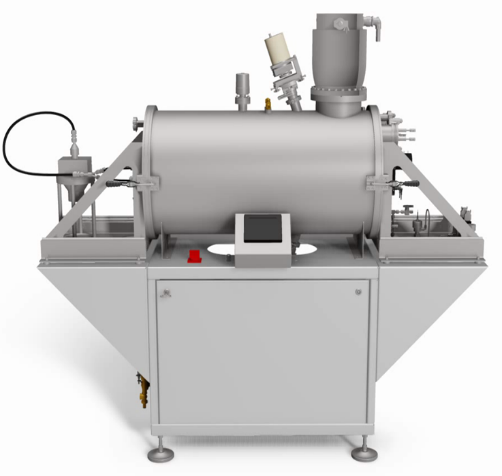
FastNano: Nanomaterials
Coordinator: Yann LECONTE
CEA SACLAY/IRAMIS
Keywords: Nanomaterials, processes, accelerated discovery, high-throughput characterization, databases, artificial intelligence, Modeling
French strengths in low-dimensional materials have been structured since 2011 around several Labex bringing together hundreds of researchers. This community is capable of producing a wide range of high-quality nanomaterials. France is, however, still absent from synthesis assisted by Artificial Intelligence (AI), although Machine-Learning is currently used to improve the characterization and analysis of performance, and could potentially guide towards optimal synthesis parameters.
Our goal is therefore to go beyond current methods by improving our synthesis capabilities towards high-throughput production coupled with AI-assisted online analysis, in order to accelerate the path to new 0D, 1D and 2D nanomaterials.

FastNano will therefore build four generic synthesis reactors including dedicated online characterization tools that will power AI-assisted data processing and feedback loops on synthesis or assembly processes, in order to achieve as quickly as possible the most appropriate properties of targeted low-dimensional materials, and the optimal deposition protocols for new low-dimensional materials. The reactors will target nanoparticles synthesized from liquid and gas phases and the corresponding nanocomposite films, ultrathin films deposited layer by layer by rapid combinatorial ALD and two-dimensional heterostructures prepared by robotic assembly of 2D nanomaterials, with the aim of covering the field widest possible range of potential new materials and applications. The reactors will also rely on external characterization means (synchrotrons, TEM, etc.) and on modeling to power data processing assisted by AI and improve synthesis conditions via feedback loops. Full development will take 4 years, with deliverables in the form of open operational tools after 2 years. Once validated on known and some new nanomaterials, these reactors will become open synthesis platforms available to the community through open calls within DIADEM.